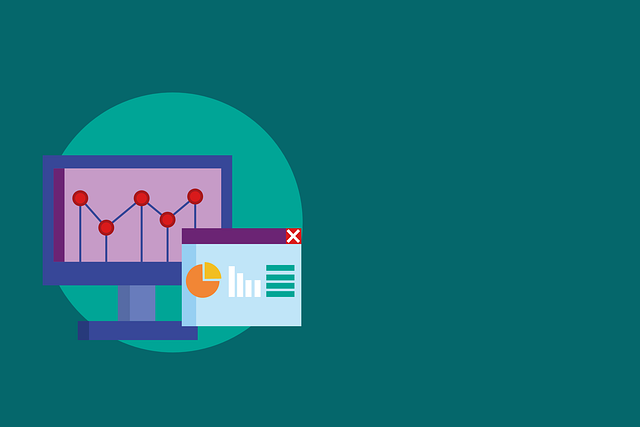AI Tokenization revolutionizes predictive maintenance for mobile homes by converting raw data into valuable tokens for pattern recognition and anomaly detection. Risk analysis engines leverage this technology to process sensor data and historical records, creating accurate models that predict equipment issues before they occur. This transformative approach optimizes scheduling, minimizes unexpected breakdowns, reduces costs, enhances safety, and increases the lifespan of mobile home components through proactive maintenance.
In today’s digital era, AI tokenization and risk analysis engines are revolutionizing mobile home predictive maintenance scheduling. This cutting-edge technology enables proactive care, enhancing safety and efficiency. By understanding AI tokenization’s role in identifying potential issues early, we can optimize maintenance processes. Risk analysis engines streamline scheduling, ensuring that common problems are addressed promptly. Implement AI for seamless, safe, and data-driven maintenance planning, fostering a robust and responsive management system. AI tokenization and risk analysis engines are game changers in the mobile home industry.
- Understanding AI Tokenization and Its Role in Predictive Maintenance
- Risk Analysis Engines: Unlocking Efficiency in Mobile Home Maintenance Scheduling
- Implementing AI for Seamless and Safe Predictive Maintenance Scheduling
Understanding AI Tokenization and Its Role in Predictive Maintenance

AI Tokenization is a powerful process that plays a pivotal role in enhancing predictive maintenance for mobile homes and similar assets. By breaking down complex data into meaningful tokens, these advanced systems can identify patterns and anomalies within vast datasets, enabling more accurate predictions about equipment health and maintenance needs. This method allows maintenance teams to schedule tasks proactively, minimizing unexpected breakdowns and optimizing resource allocation.
Tokenization in AI risk analysis engines involves transforming raw data points, such as sensor readings and historical maintenance records, into a structured format. This process aids in building comprehensive models that can learn from the data’s nuances. Through tokenization, engines can predict potential issues before they become critical, ensuring the longevity of mobile home components and reducing costly repairs or replacements.
Risk Analysis Engines: Unlocking Efficiency in Mobile Home Maintenance Scheduling

AI Tokenization and Risk Analysis Engines play a pivotal role in optimizing maintenance scheduling for mobile homes, enhancing efficiency, and reducing costs. By employing advanced algorithms, these engines can analyze vast datasets from various sensors within the home to predict potential issues before they occur. This proactive approach ensures that maintenance tasks are scheduled precisely when needed, avoiding unexpected breakdowns.
Through AI tokenization, data is broken down into smaller, manageable units, enabling efficient processing and analysis. Risk analysis engines leverage this structured data to identify patterns and correlations, allowing for accurate predictions of equipment failures or wear-and-tear issues. This technology not only streamlines maintenance planning but also empowers service providers to prioritize tasks based on the severity and likelihood of risks, ensuring a more effective and cost-efficient mobile home maintenance program.
Implementing AI for Seamless and Safe Predictive Maintenance Scheduling

Implementing AI for seamless and safe predictive maintenance scheduling involves leveraging advanced algorithms to analyze vast amounts of data from various sensors embedded in mobile homes. These AI-driven engines perform tokenization of diverse datasets, including operational histories, environmental conditions, and component specifications, to identify patterns indicative of potential failures or wear. By employing sophisticated risk analysis techniques, the systems predict equipment malfunctions before they occur, enabling proactive maintenance scheduling.
This approach not only enhances the safety and longevity of mobile homes but also optimizes maintenance operations by reducing unplanned downtime. AI-based predictive maintenance eliminates the need for time-consuming manual inspections and guesswork, ensuring that critical components are serviced when necessary, and minimizing the risk of catastrophic failures.
AI tokenization and risk analysis engines are transforming predictive maintenance scheduling for mobile homes, enhancing efficiency and safety. By leveraging these advanced technologies, maintenance teams can anticipate issues before they arise, minimize downtime, and optimize resource allocation. This data-driven approach not only saves time and money but also ensures the longevity and performance of mobile homes, creating a smoother and more reliable living experience for residents.
